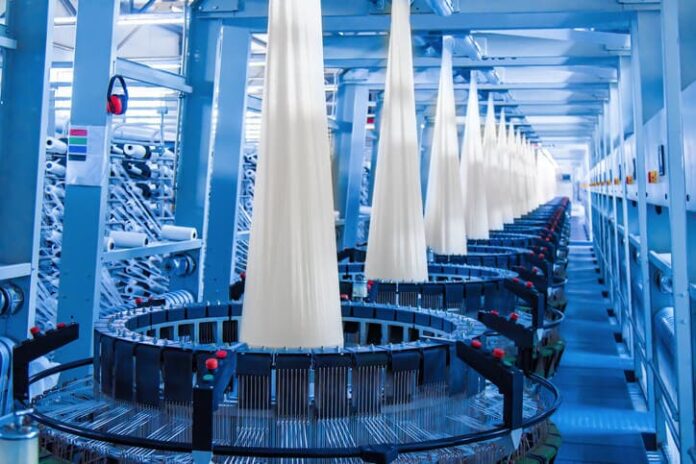As more consumers become environmentally aware, it also becomes more important to consider sustainability and durability when choosing product materials. The textile industry has a significant impact on the environment, and textile companies are becoming more environmentally responsible by adopting sustainable practices.
Among the widely available options to consumers, polypropylene fabric has emerged as a smart choice for environmentally conscious and practical reasons. It is a versatile material that offers many benefits. If you are also in the market for a material that offers sustainability and durability, then you might want to consider choosing polypropylene fabric.
In this article, we will explore the benefits of polypropylene fabric to see how it is a smart choice for sustainability and durability.
Polypropylene Fabric and Sustainability
Polypropylene fabric offers significant advantages over other common fabrics, such as cotton and polyester.
Cotton requires a lot of water to grow and is vulnerable to pests, so it requires extensive use of fertilizers and pesticides, which can harm the environment. Polyester fabric, too, is derived from petroleum, a non-renewable resource that has a significant environmental impact.
On the other hand, polypropylene fabric is created using a less energy-intensive process that can be sourced, in part, from recycled products. Also, polypropylene is fully recyclable for future use, creating a closed-loop system with the potential for circularity.
There are also numerous examples of companies and organizations using polypropylene fabric sustainably. For instance, researchers at the Fraunhofer Institute for Environmental, Safety, and Energy Technology are developing a method for reclaiming and recycling polypropylene fabric from end-of-life products, creating a more eco-friendly recycling process.
Polypropylene fabrics are also being used in numerous outdoor applications, including geotextiles for soil stabilization and as a primary material for erosion control mats. This provides cost-effective solutions for erosion control and stormwater management while minimizing environmental impacts.
Durability
Polypropylene fabric’s durability and longevity are other benefits that make it a smart and practical choice for product materials. The durability and high resistance to wear and tear of polypropylene make it a better alternative to other fabrics like cotton and polyester.
This resistance makes it particularly attractive for products that need to be long-lasting, such as outdoor furniture or automotive parts. Polypropylene’s ability to resist fading, shrinking, and staining also adds to its longevity and makes it a convenient choice for day-to-day use.
Many products made from polypropylene fabric have been proven to perform well after years of use. For example, geotextile membranes made of polypropylene fibers, are used for creating drainage systems on roads and under buildings. Polypropylene mesh is also used in concrete reinforcement applications.
In the medical field, Polypropylene fibers are spun into threads and fabric using a nonwoven process, creating surgical masks, gowns,s and drapes that can provide long-lasting protection against contamination.
Practicality
The practicality of polypropylene fabric is remarkable. It is highly washable and able to withstand the rigors of daily use without losing color or shape. As an outdoor fabric, polypropylene fabric is quick-drying and moisture-wicking, making it ideal for tents, backpacks, and outdoor furniture.
It is an excellent choice for swimming suits, gym clothes, and accessories as it doesn’t retain water or perspiration odor. This characteristic is of added benefit to those who frequently travel.
Even more, the non-woven polypropylene fabric is well known for its strength and durability, as it can maintain its shape and color even after numerous launderings. This makes it the preferred material for creating medical supplies such as surgical masks and gowns because it helps maintain a sterile environment.
The eco-friendliness and reusability of polypropylene fabric are significant advantages as well, favoring both the environment and the economy. Polypropylene fabric is also used for both decorative and functional purposes in home furnishings, such as floor mats, area rugs, and curtains.
Final Note
Polypropylene fabric is a smart choice for consumers who place importance on sustainability, durability, and practicality. This article has explored the benefits of polypropylene fabric in each of these areas by comparing it to other commonly-used materials.
All in all, polypropylene fabric strikes the perfect balance between environmental impact, durability, practicality, and cost-effectiveness. If you are looking for the perfect fabric choice that promotes sustainability and minimizes environmental impact, then you should choose polypropylene.
















